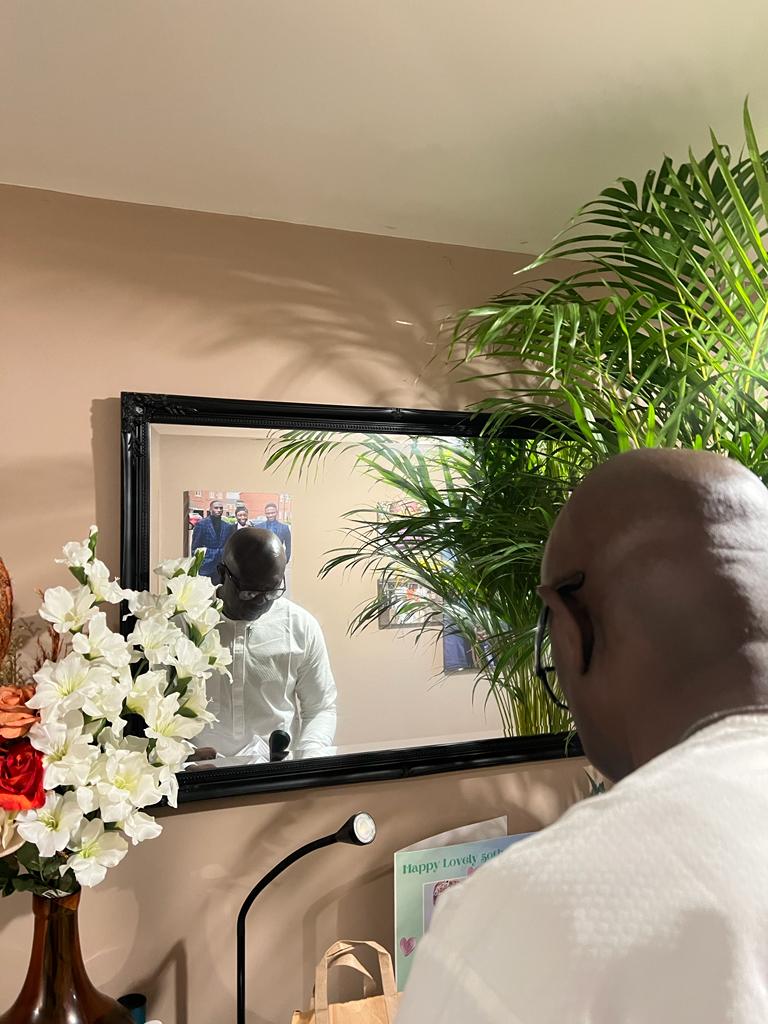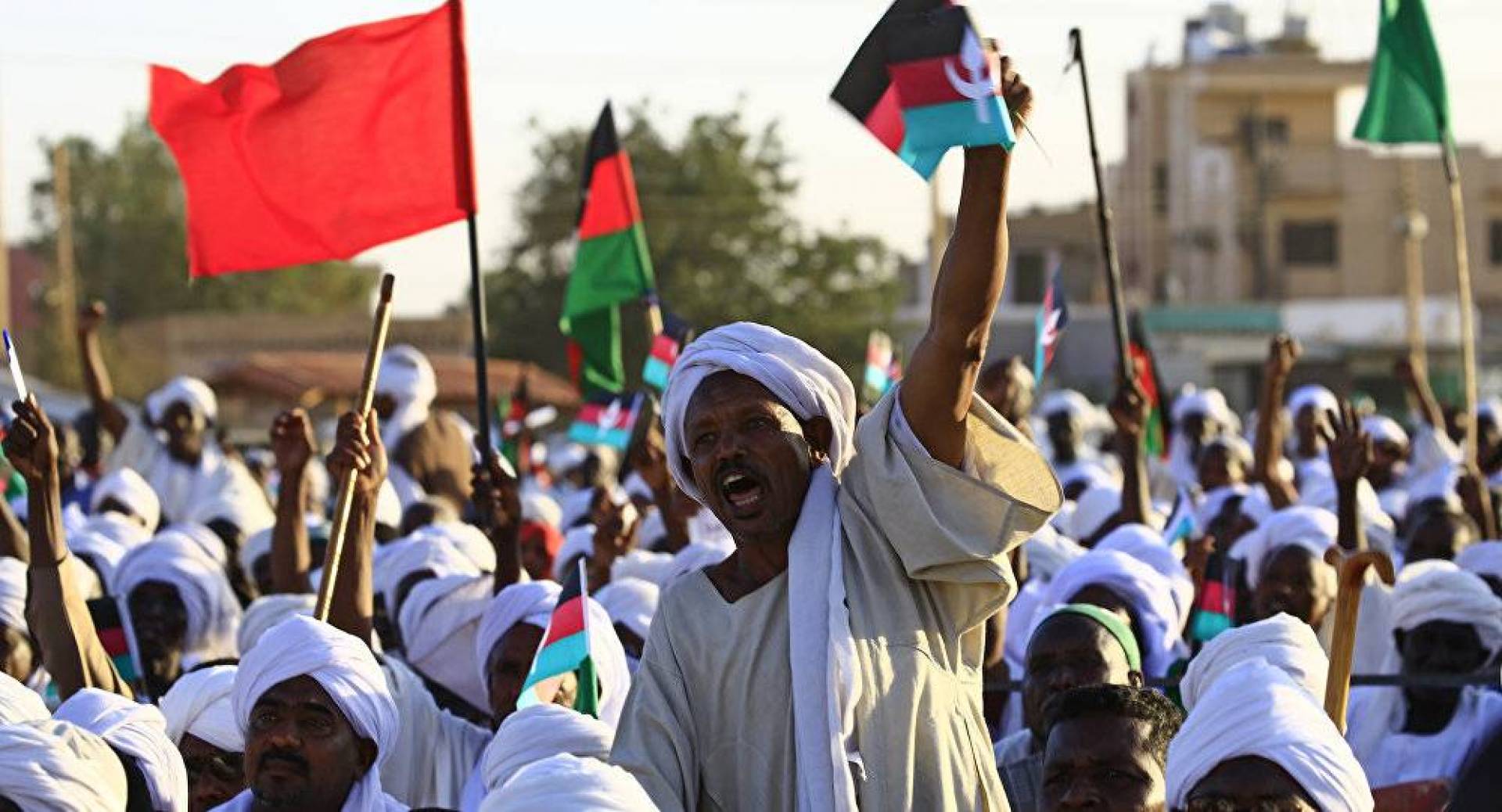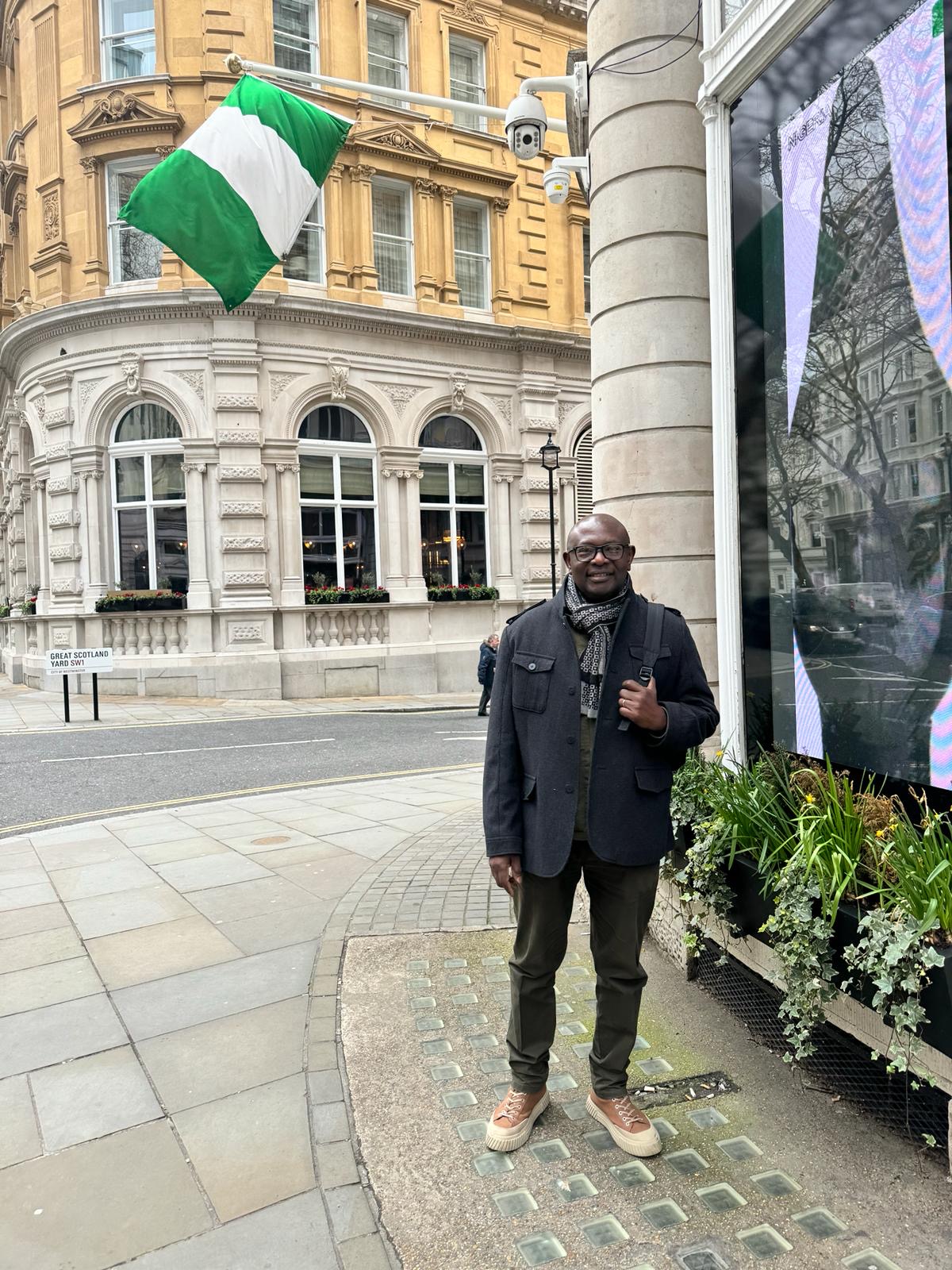By Morak Babajide-Alabi
The citizens of Sudan are angry. They are genuinely angry and have come out on the streets to express their levels of anger. They have pitched their tents on the streets and made them their homes as they are determined to get the ruling class (military) bend over and make changes. In doing this, they also signalled their unwillingness to back down until their demands are met.
You would not blame them. As in some African countries, Sudan has been in the grip of a dictator since 16 October 1993. Oman al-Bashir had been in the seat of government and presided over the destinies of millions of his fellow citizens. He never pretended he was a Democrat, and as a result, ruled with an iron fist – military style. The citizens lived with the fear of al-Bashir and his military supporters as basic freedom of expression became a luxury. The few brave opposition figures that challenged al-Bashir have bitter stories to tell of their experiences.
However, towards the end of last year, the citizens could not keep their grievances bottled up any more. They raised their voices when the al-Bashir government increased the price of bread. For them, the increase was the last straw that broke their “patience’s” camel’s back. How could a government that had impoverished his people, be bold enough to further increase the price of bread? This move irked the Sudanese who immediately took to the streets, chanting “no to hunger”.
Days and nights, the drums of protests are beating loudly and there is no sign of it ending soon. It is remarkable that the youth of Sudan are making their voices heard in the protests. They have taken their destinies in their hands and calling for change. It is quite impressive that these protests have been spearheaded by young men and women. They have all come together to express their dissatisfaction with the so-called “elders” who have mismanaged the country for over three decades. They have been galvanised into action by the growing poverty in their beloved country.
They signalled that they were not ready to accept what the generations before them have tolerated. They believed firmly in the saying that the youth is the future but if the youth sit back today while the grown-ups mess things up, there would never be a future. For them, it is better to confront the lion on the way now so as to have an easy passage to the future.
One cannot but admire these youths. Some of them grew up to endure hardships, sufferings and the news of the deaths of relations. For many of them, poverty is part of the growing up culture. They have never experienced a day of peace or progress in their country of birth. They know the cause of their problems and they know the individuals responsible for the downward slip of the fortunes of their country.
So one by one they trickled down to the city centre. And daily the crowd grew bigger and bigger, the chants became louder while the rhythms of the drums of protests became more coordinated. The rulers at the centre were concerned, but characteristic of African leaders, rather than engage, they clamped down on the people. They sent out the soldiers and policemen to crush the protests. Many were killed, some imprisoned and yet others lost their bearings. The citizens of Sudan were adamant. The youth cried out the more, they confronted the “lion” that has terrorised them for many years. Oman al-Bashir was called out.
Like other African dictators, al-Bashir thought continued repression of his people would stop the agitations. His declaration of a one-year nationwide state of emergency on February 22 was a shock, not only to his citizens in Sudan, but also the international community. In an unprecedented move, he promulgated five decrees, some to outlaw public protests and demonstrations and curtail fundamental rights of the Sudanese. Instead of listening to his people and work out ways to move forwards, al- Bashir took the hard-line. He would be regretting this now.
The 2018 bread price increase was a bad move by the insensitive al-Bashir and his co-travellers. Looking back now, they would wish they could bring back the hands of the clock and never contemplated this increase. The citizens had kicked against the decision and started a hunger protest in cities across the country. The protests kick-started the beginning of the end of al-Bashir as the chants went from “no to hunger” to demands for an end to the rule of the dictator-regime.
Al-Bashir is a notorious leader with little or no interaction with the international community. He was declared wanted by the International Criminal Court and arrests warrants issued on him twice – in 2009 and 2010. He is being wanted for five counts of crimes against humanity, two counts of war crimes, and three counts of genocide in Darfur between 2003 and 2008. He employed the services of Arab armed militia, the Janjaweed, to terrorise his people. Like many of his counterpart African dictators, al-Bashir held on to power by strong-arm tactics. Sudan has its “home-grown democracy” but it was manipulated to allow al-Bashir to win elections after elections.
With the army at his beck and call, his word was the ultimate in the country. However, the scale of the protests in recent times had changed his erstwhile army collaborators to make a decision to push him aside. On Thursday, April 11, the reign of al-Bashir came to an end. The soldiers who had aided his continued stay in power could no longer play deaf to the shrieking voices of the people. On this day, the Defence Minister Lt Gen Awad Ibn Auf announced the overthrow of the dictator and a three-month state of emergency leading to a two-year transition period to civilian rule.
The news of the end of al-Bashir’s rule brought spontaneous jubilation on the streets of Khartoum and other cities. The citizens were elated as they danced and rejoiced on this development. But on the realisation that it is not yet freedom for them as the military was still in control, they momentarily changed their victory songs, once again, to protest songs.
The military probably thought ousting al-Bashir would calm the protesters. But they were wrong, as they did not let off. The Sudanese Professional Association, the organisers of the protests, rallied the protesters to call for the military to hand over. The continued protests had prompted the resignation of Auf, who has now gone into Sudanese history as a one-day head of state.
Now the country is at a crossroad. There is a stalemate as the citizens maintain that the military should excuse themselves from the governing of the country. A few analysts believe the military would be forced to shift grounds and finally let democratic institutions grow in the country. However, there is also the fear that the protests could, if not handled properly, lead to the beginning of protracted civil unrest. Citing Egypt as an example, they opined that as there are no concrete plans for post- al-Bashir government, there is a risk of ethnic or religious fanatics seizing the opportunity to launch themselves into power.
The opposition is fragmented as a result of the long-term suppression by al-Bashir, therefore getting a consensus among the leaders would prove to be a hard task. Let us hope the road to freedom for Sudan would not be the same experience we had with Libya after Muammar Gadhafi. Whatever it is, the solution lies with the people, as they continue their sit-in at the General Command of the Armed Forces.
Let us hope it ends well.
As written for the Diaspora Matters column, Sunday Vanguard of April 21, 2019.







